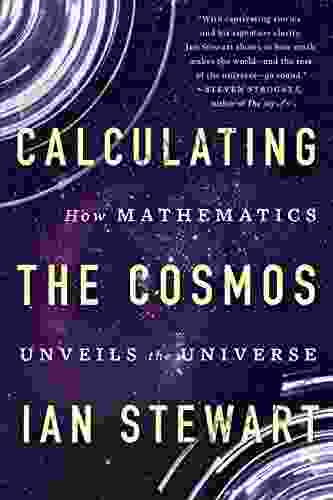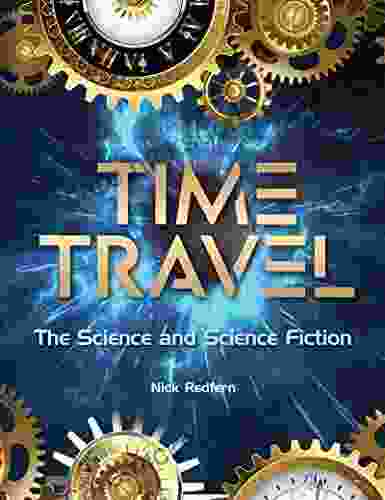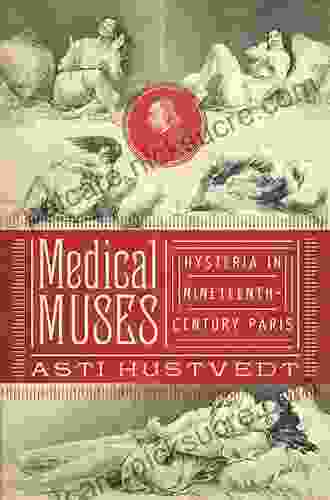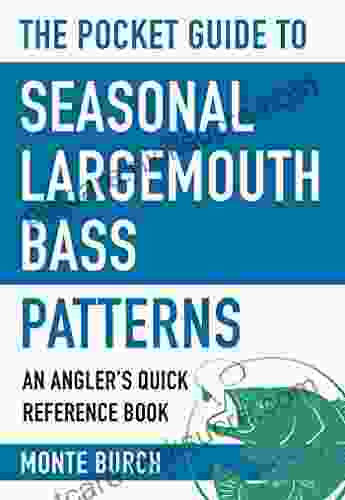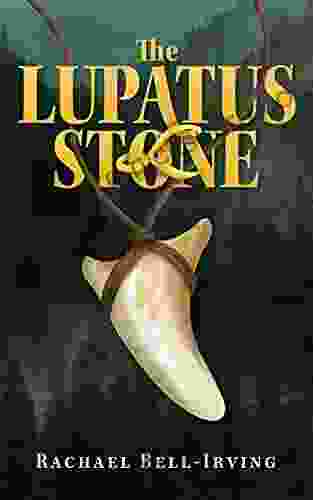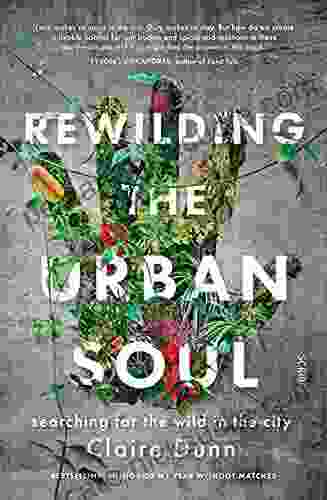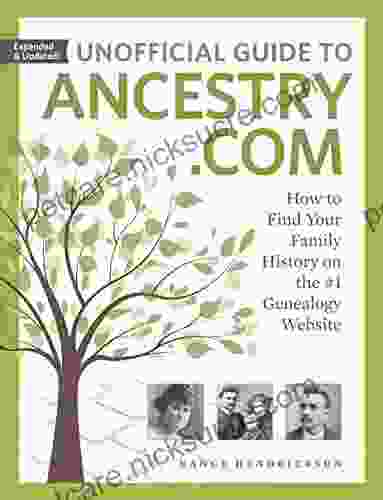In the realm of human existence, we often encounter a myriad of concepts and ideas that shape our understanding of the world around us. Among these concepts, two that frequently evoke contemplation are "what is" and "what is not." While these phrases may seem straightforward, they encompass a profound depth of meaning that has been explored by philosophers, theologians, and scholars throughout history.
To begin, "what is" refers to the essence or nature of something. It encompasses the fundamental characteristics and attributes that define an object, concept, or entity. When we ask "what is," we seek to unveil the underlying reality and truth of a subject matter. This pursuit of knowledge has been a driving force behind human inquiry since the dawn of civilization.
4.6 out of 5
| Language | : | English |
| File size | : | 1103 KB |
| Text-to-Speech | : | Enabled |
| Screen Reader | : | Supported |
| Enhanced typesetting | : | Enabled |
| Print length | : | 93 pages |
In contrast, "what is not" represents the absence or negation of something. It encompasses all that does not exist, does not possess certain qualities, or does not conform to a particular definition. By understanding "what is not," we can better appreciate the boundaries and limitations of our knowledge and the world around us.
The distinction between "what is" and "what is not" is often explored in philosophical discussions about ontology, the branch of metaphysics concerned with the nature of being. Ontologists seek to answer fundamental questions about existence, such as what it means for something to exist, what categories of beings exist, and how beings relate to each other.
One prominent ontological theory is known as essentialism, which posits that all objects have an underlying essence or nature that defines their identity. According to essentialists, "what is" is determined by this essence, and any changes to an object's properties or characteristics do not alter its fundamental nature.
Another ontological perspective is known as existentialism, which emphasizes the importance of existence over essence. Existentialists argue that "what is" is not determined by a fixed essence but rather by the unique experiences and choices of an individual. According to this view, existence precedes essence, and it is through our actions and interactions with the world that we define our own being.
The distinction between "what is" and "what is not" also has significant implications for our understanding of reality. In the field of epistemology, which explores the nature of knowledge, philosophers have long debated the relationship between being and knowing. One school of thought, known as realism, holds that the world exists independently of our minds and that our knowledge of it is an accurate reflection of reality.
In contrast, idealism posits that reality is fundamentally mental or subjective and that our knowledge of the world is shaped by our own perceptions and experiences. According to idealists, "what is" is not an objective reality but rather a product of our own consciousness.
Furthermore, the distinction between "what is" and "what is not" plays a crucial role in ethics and morality. When we make ethical judgments, we often consider whether an action is right or wrong, good or bad. These judgments are based on our understanding of what constitutes a virtuous or moral life, and they often involve weighing the potential benefits and harms of our actions.
Similarly, in the realm of law and justice, we often grapple with the question of what is legal or illegal, permissible or prohibited. These determinations require a clear understanding of the boundaries between acceptable and unacceptable behavior, and they often involve balancing the rights and interests of individuals and society as a whole.
, the concepts of "what is" and "what is not" are fundamental to our understanding of the world and our place within it. They have been explored by philosophers, theologians, and scholars throughout history, and they continue to shape our perspectives on ontology, epistemology, ethics, and law. By grappling with these concepts, we deepen our knowledge of reality, refine our ethical judgments, and strive to live meaningful and fulfilling lives.




















































































































































































































































































































































































































































































































































